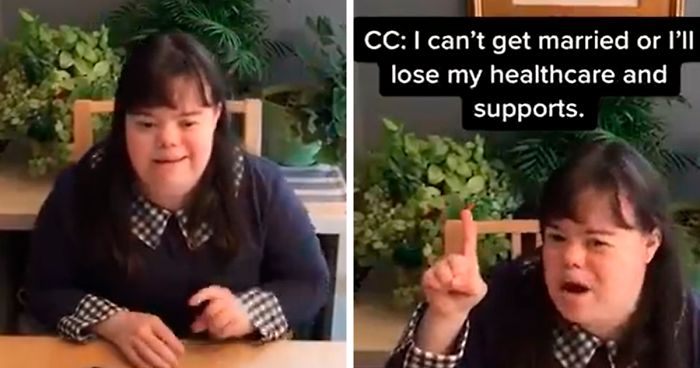
Woman With Down Syndrome Points Out Things About Having Down Syndrome That Don’t Make Sense And It’s Super Informative
It’s amazing when companies and organizations know how to use their social media effectively. It’s not just about sharing articles and advertising whatever products you have, but also engaging with your audience and educating them—making their social media experience fuller and more meaningful.
It’s especially effective when you manage to reach people on platforms that supposedly have a drastically different audience. The National Down Syndrome Society, or NDSS, has been making rounds around the internet with a video that they have uploaded onto their TikTok account. One that has more of an educational content, tackling social and other issues.
It’s amazing to see when human rights organizations use social media to educate people
So, the NDSS is a human rights organization that fights for all individuals with Down syndrome in hopes of building a world where all those afflicted by this syndrome would have the opportunities to enhance their quality of life, realize their life’s aspirations and become valued members of society.
They recently posted a video on their TikTok account of a woman with Down syndrome giving a brief rundown on all of the things that don’t make sense with regards to having Down syndrome. And these are things that have left many on the internet quite surprised.
This video by the NDSS pointed out the things that don’t make sense when having the disorder
Image credits: NDSS
As it turns out, people with Down syndrome have a number of obstacles that they have to deal with on a systematic level, namely being paid subminimum wage, not being able to get married, or else they lose their healthcare and other support benefits, being denied organ transplant, and the fact that police officers are not trained to deal with people with Down syndrome properly, which led to the death of a man who was suffering from it.
Each of these have historical explanations and some rationale to exist, like sub-minimum wage being designed as a transitional step for disabled war veterans who would most likely need to have to learn a new trade and the sub-minimum is a way of compensating private companies for providing a job as well as a learning opportunity, like an internship. They would eventually “graduate” to full pay once they are done with their training.
It explains a number of structural issues that those with Down syndrome have to face in the US
Image credits: NDSS
Or, for example, the rationale behind the loss of support upon marriage is justified with the fact that the spouse will most likely be able to support their significant other with Down syndrome. However, some laws overstayed their welcome as times changed and others simply begged the question of whether this ensures equality among humans.
So, the NDSS drew people’s attention to these issues, and this time they’ve used TikTok to get the message across. The video managed to get over 2.6 million views in mere days, and was soon reposted by a Twitter user where it got another 1.9 million.
This includes work for sub-minimum wage, losing support when married, and being denied organ transplant
Image credits: NDSS
Many were surprised, if not quite shocked, to learn of these facts, especially the one with the sub-minimum. As if minimum wage wasn’t bad enough. Others were thankful that videos of such caliber are surfacing and shedding light on a syndrome that isn’t covered enough.
At the moment, even though the NDSS has just started using its TikTok account for educational purposes, it already has over 56,000 followers and videos that rack up thousands if not millions of views.
The video was originally posted on NDSS’ TikTok, but soon found its way to Twitter
Image credits: NDSS
Down syndrome is a genetic disorder that occurs when an individual has a full or partial extra copy of chromosome 21. This additional genetic material alters the course of development and causes a number of symptoms, both physical and mental. There are three types of Down syndrome with varying degrees of severity, meaning that they may live to have a fulfilling and meaningful life.
If you want to learn more about Down syndrome, the issues surrounding it and more, you can find more information on the NDSS website and follow their Facebook, Instagram, Twitter, and TikTok. But before you go, let us know what you thought about this in the comments section below!
The questions and debates soon jumped to Twitter user toxickilos’ thread, who reshared the video
Image credits: skylerrae9
Here’s how others reacted to the video and the issues
Image credits: meowjima
Image credits: _darlinggboyy_
Image credits: cloudsxlou
Image credits: DevoBallare
Image credits: etoiles_tot
Image credits: swifties44
Image credits: ethan_crauwels
Image credits: KaraGirsch
Image credits: firstlbgtcap
Image credits: caryldwellings
Image credits: lizotakuartist
Image credits: bbybrainz
Image credits: SomeBlackGirl91
Image credits: Caitlin91197111
50Kviews
Share on FacebookTry being Autistic but classed as 'High Functioning'... as soon as people hear 'High Functioning' it's like the Autism goes away....Trust me... It does not! I get no rights. I'm too disabled to be able to work but not disabled enough to get any help
Mariza, I am in the same boat, HF autistic. I can work, but it's hard. Luckily I have a very supportive employer.
Load More Replies...The reason that people with DS are denied transplants is not because of one person's opinion of them, it is for legitimate medical reasons. DS is nearly always accompanied by impaired immunity, and very often by congenital heart defects, thyroid problems, and other medical issues, any one of which would be grounds for denying a transplant to anyone, regardless of whether they have DS or not. The AMA position to deny transplants to those with DS is simply based on the statistical improbability that a transplant candidate with DS will not have *any* of the contraindicating attending issues. That said, the AMA is historically very open to allowing exceptions where warranted, and should such a patient ever arise, a petition for granting an exception would almost certainly be favorably heard.
That's not the reason folks with DS are denied for transplant - the condition itself is a disqualifying condition, regardless of the presence or absence of comorbid conditions. The limited literature out there actually demonstrates that individuals who have DS and receive transplants tend to do *better* than non-DS folks (likely because care givers or other support systems help ensure anti-rejection meds are taken regularly). Despite that, DS by itself is considered grounds for transplant denial. There are a number of other conditions that are also considered grounds for denial of transplant regardless of physical state, including Low IQ, schizophrenia, and depression. Also, the AMA is not the issuer of transplant determination. They issue ethics guidance, but do not have the authority to determine how transplants should be allocated. That sits with the federal government, and by contract, with OPTN (Organ Procurement and Transplant Network) and UNOS (United Network for Organ Sharing).
Load More Replies...Try being Autistic but classed as 'High Functioning'... as soon as people hear 'High Functioning' it's like the Autism goes away....Trust me... It does not! I get no rights. I'm too disabled to be able to work but not disabled enough to get any help
Mariza, I am in the same boat, HF autistic. I can work, but it's hard. Luckily I have a very supportive employer.
Load More Replies...The reason that people with DS are denied transplants is not because of one person's opinion of them, it is for legitimate medical reasons. DS is nearly always accompanied by impaired immunity, and very often by congenital heart defects, thyroid problems, and other medical issues, any one of which would be grounds for denying a transplant to anyone, regardless of whether they have DS or not. The AMA position to deny transplants to those with DS is simply based on the statistical improbability that a transplant candidate with DS will not have *any* of the contraindicating attending issues. That said, the AMA is historically very open to allowing exceptions where warranted, and should such a patient ever arise, a petition for granting an exception would almost certainly be favorably heard.
That's not the reason folks with DS are denied for transplant - the condition itself is a disqualifying condition, regardless of the presence or absence of comorbid conditions. The limited literature out there actually demonstrates that individuals who have DS and receive transplants tend to do *better* than non-DS folks (likely because care givers or other support systems help ensure anti-rejection meds are taken regularly). Despite that, DS by itself is considered grounds for transplant denial. There are a number of other conditions that are also considered grounds for denial of transplant regardless of physical state, including Low IQ, schizophrenia, and depression. Also, the AMA is not the issuer of transplant determination. They issue ethics guidance, but do not have the authority to determine how transplants should be allocated. That sits with the federal government, and by contract, with OPTN (Organ Procurement and Transplant Network) and UNOS (United Network for Organ Sharing).
Load More Replies...
 Dark Mode
Dark Mode 

 No fees, cancel anytime
No fees, cancel anytime 







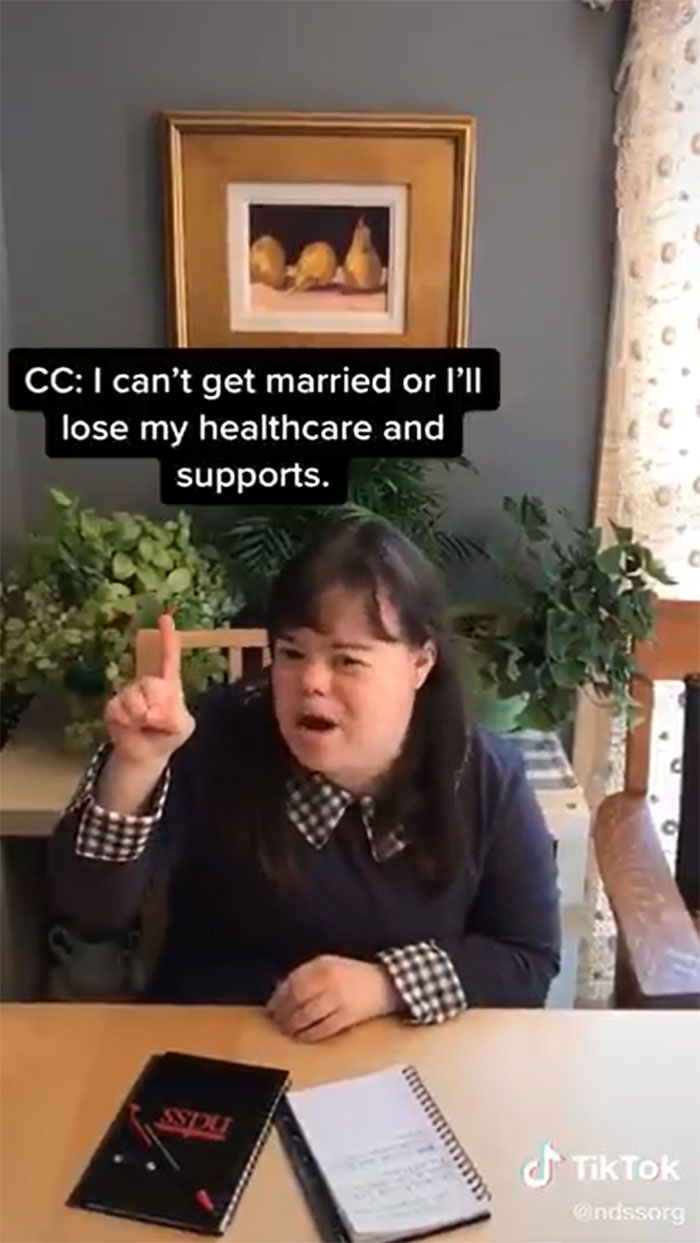
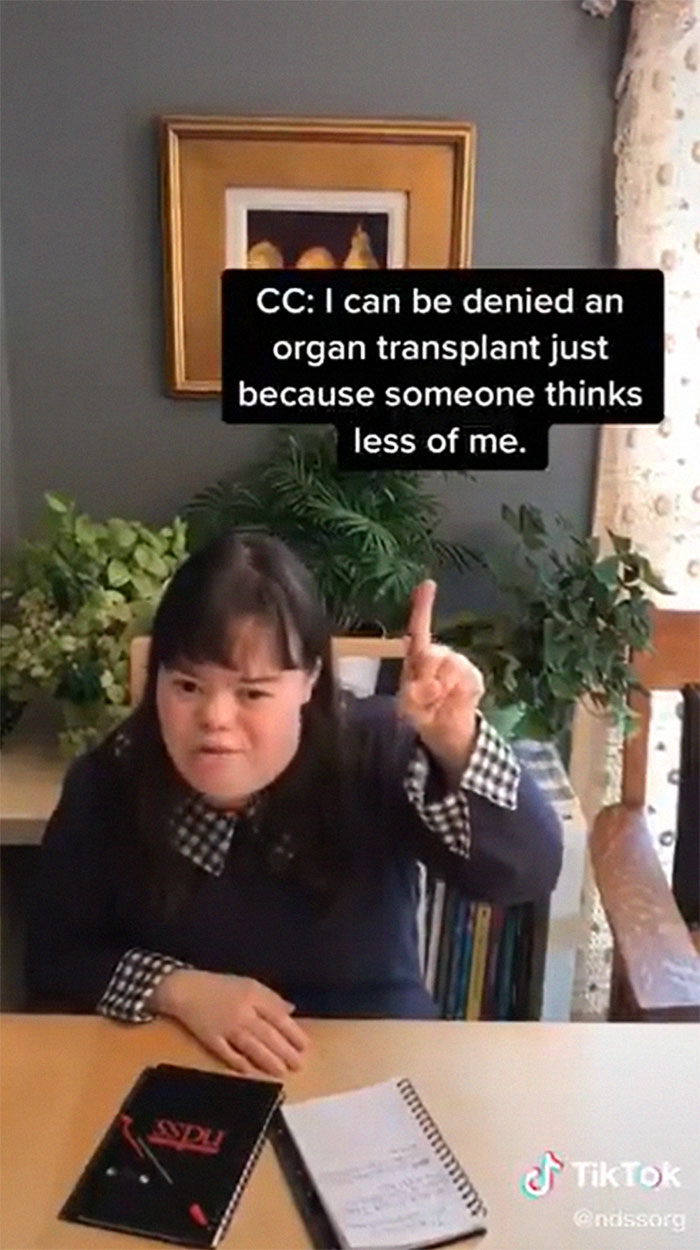
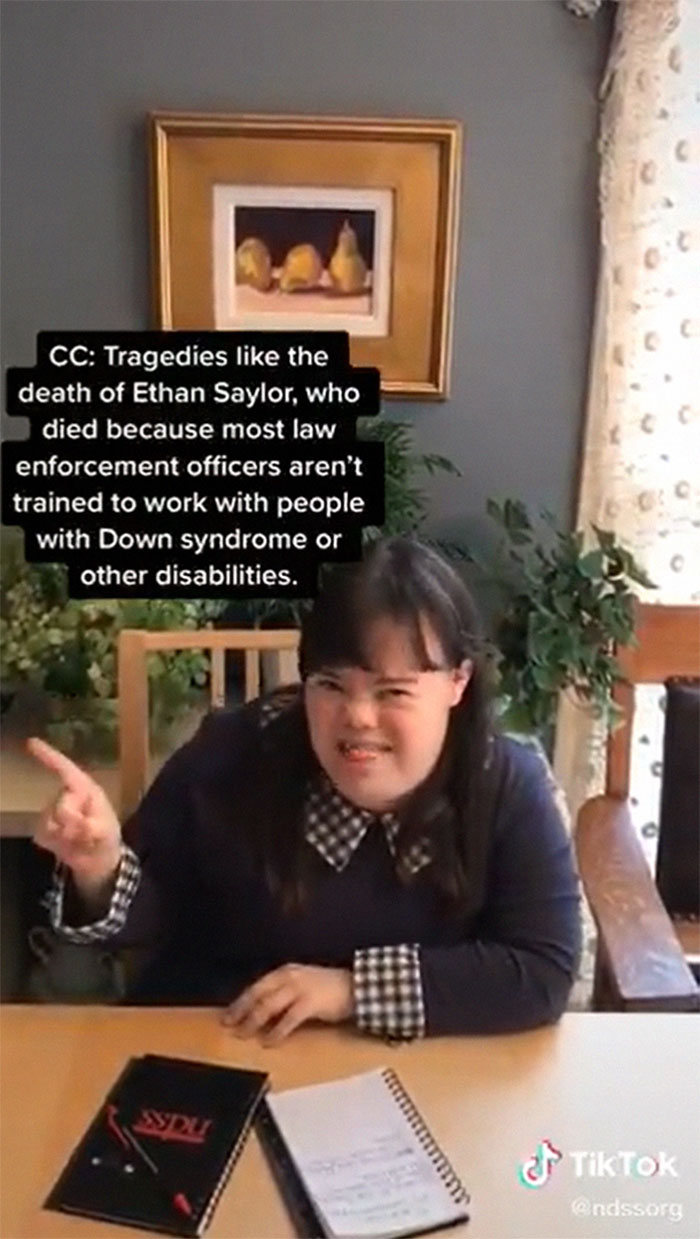
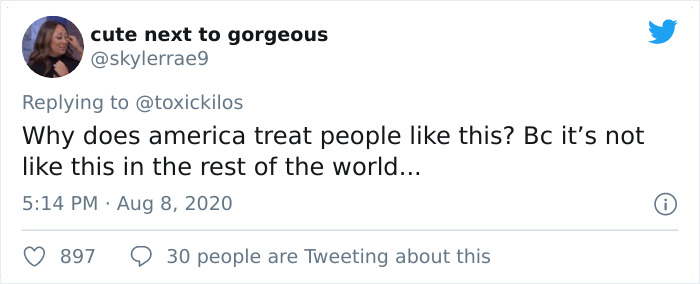
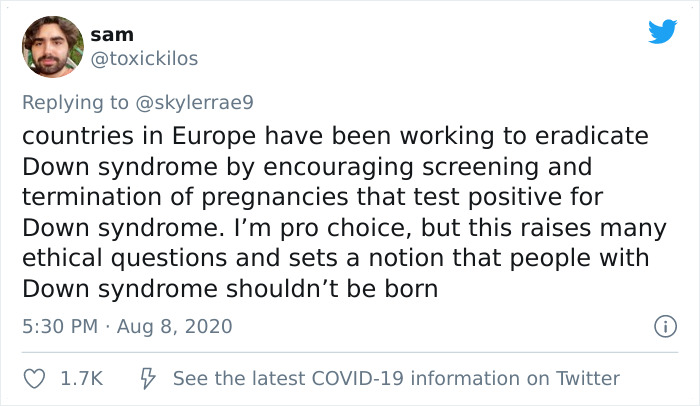
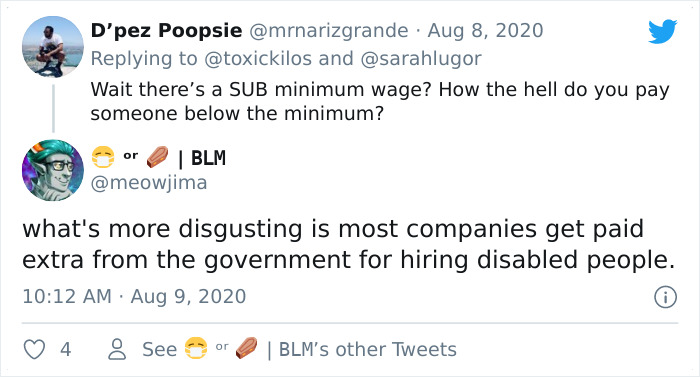
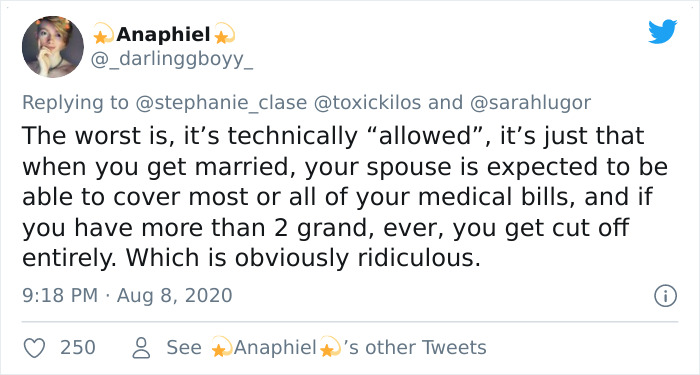
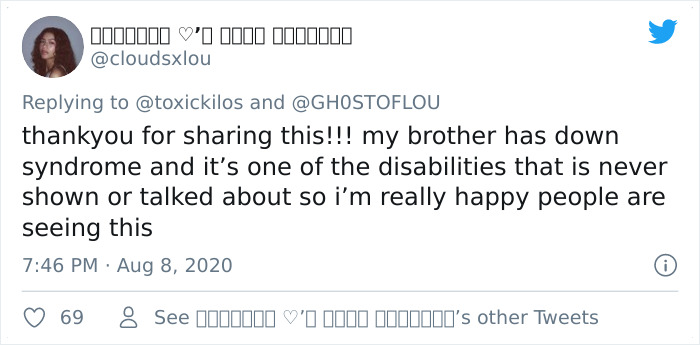
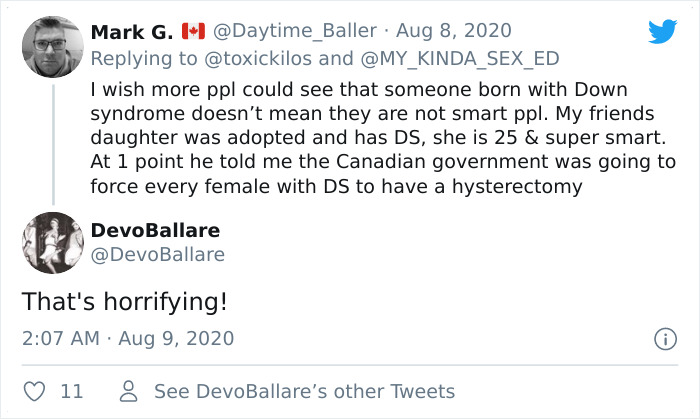
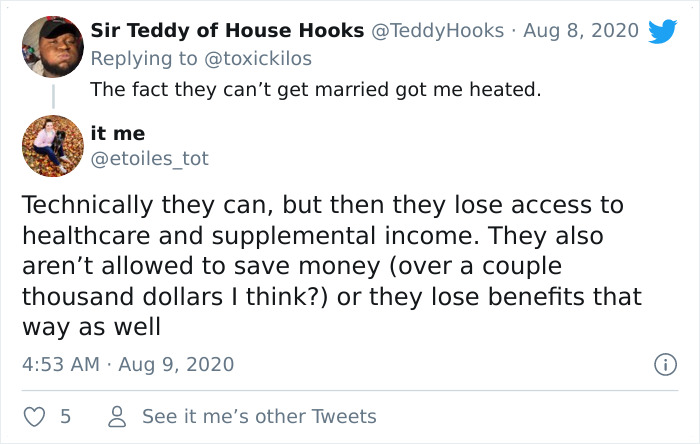
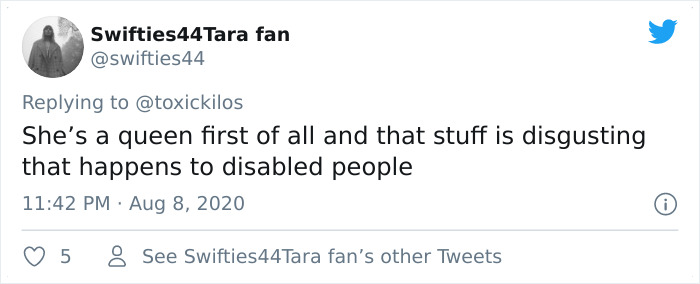
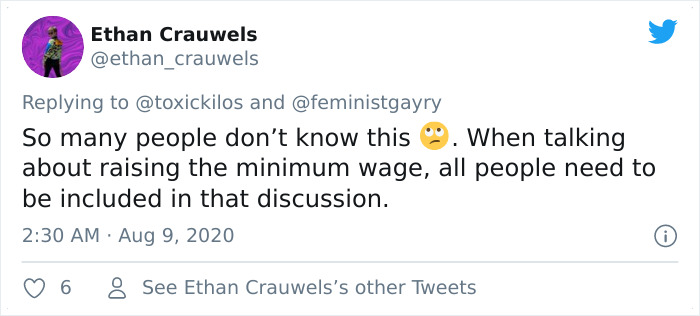
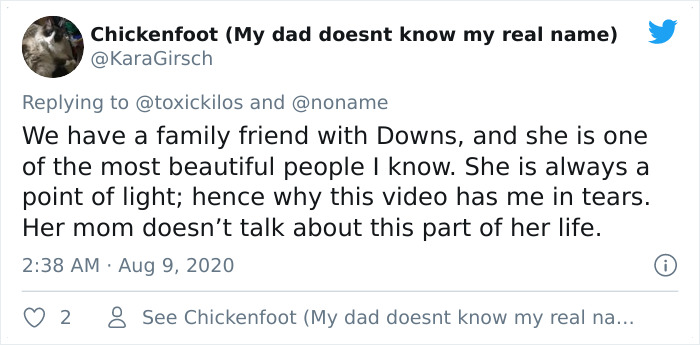
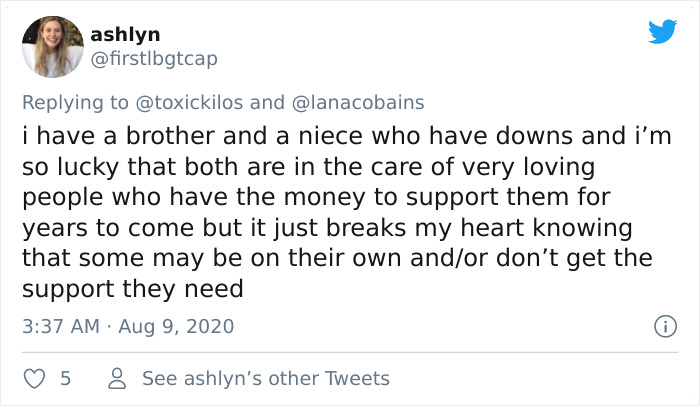
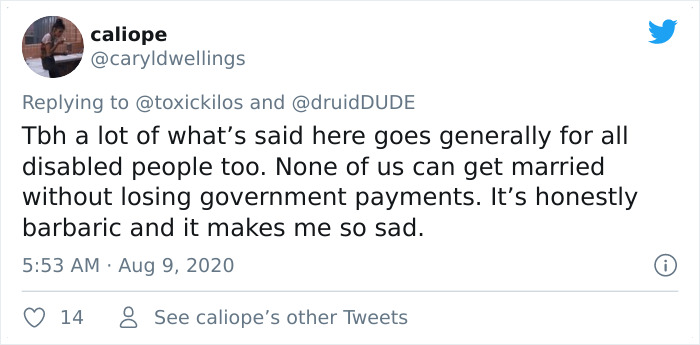
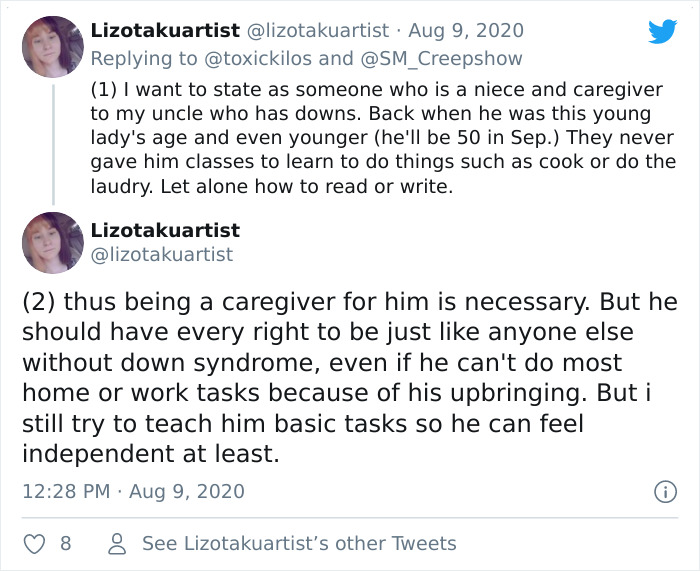
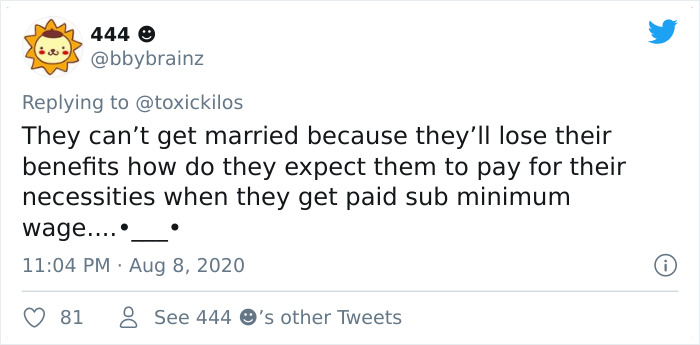
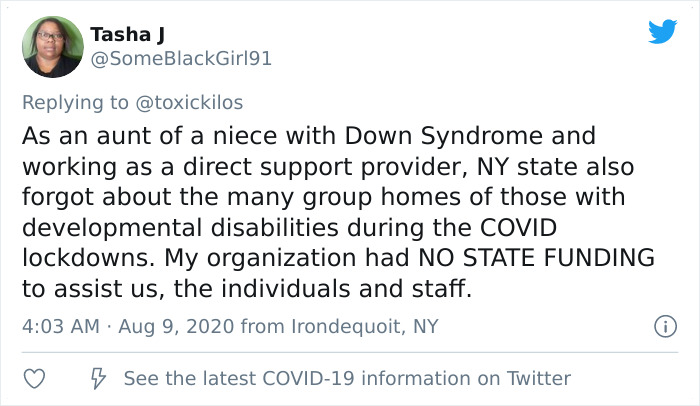
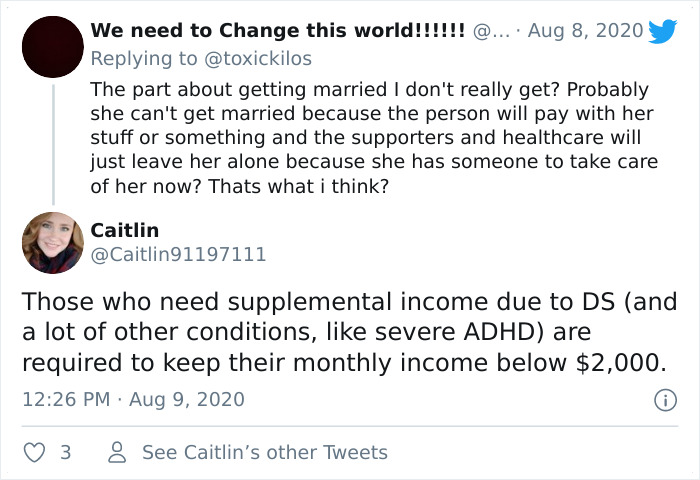












































215
54